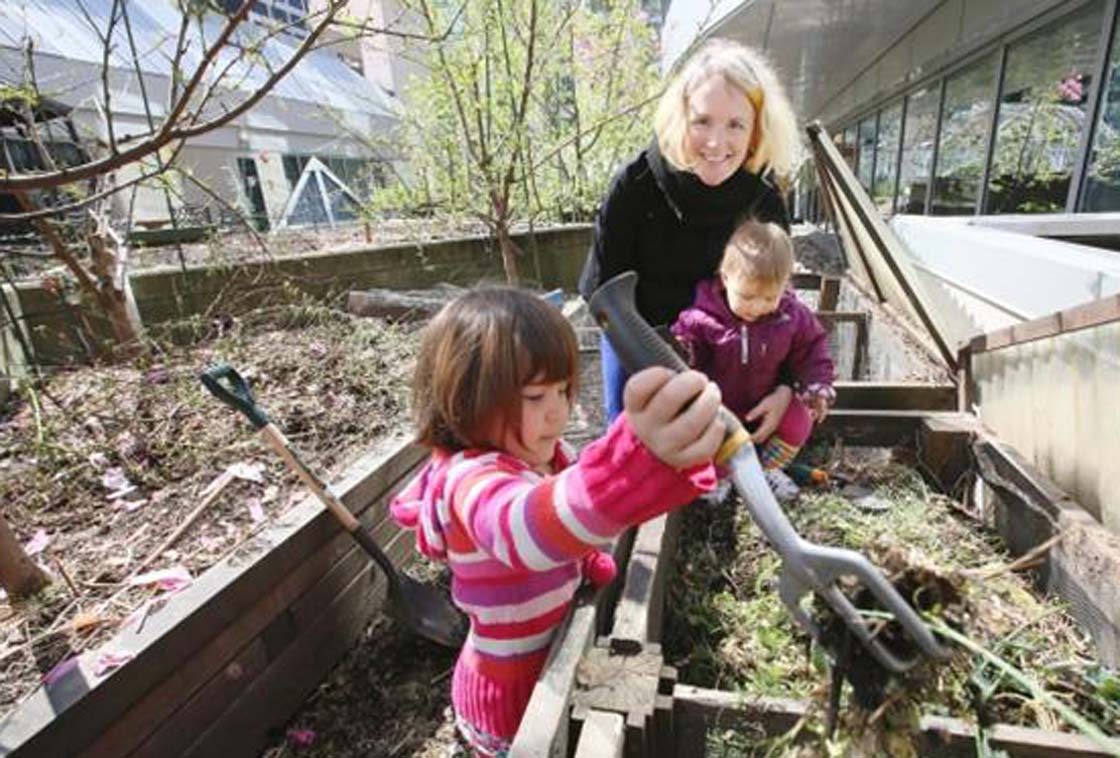A new farmer — like any businessperson — might work for years without making a profit. But eventually that has to change or the business fails.

The Urban Farmer Field School has retooled its curriculum to shorten that period and put new farmers on a firm financial footing, said Tara Moreau, founder and instructor.
In addition to hands-on instruction in soil management and maximizing yields in small spaces, the field school teaches business planning and a suite of skills — such as carpentry and greenhouse construction — that enable farmers to minimize the use of expensive outside contractors and tradespeople.
“When we ran the business planning class last year there were some things that people were clearly looking for, like production outlines, input costs and projected yields,” said Moreau. “There are so many options— you could produce multiple crops or single crops — so we have some economic breakdowns.”
The challenge is in the sheer variety of growing spaces — from containers to shady yards to open fields — and growing conditions. One wheat farm in Saskatchewan might look much like the one next door, but that is not the case in a highly variable environment such as Metro Vancouver.
So, while students learn how to save and start seeds, build chicken coops and manage pests, they will also learn to track the metrics of their small business, record their costs, their time and their income.
Students are encouraged to sell the fruits and vegetables they produce at the Westside Community Food Market, run by the Society Promoting Environmental Conservation, which also runs the field school.
- Disturbing evidence admitted in voir dire hearing for B.C. man accused of killing wife
- B.C. secures 8 new middle-income housing sites for BC Builds program
- Vancouver Island teams pairing cops with mental health nurses off to encouraging start
- ‘I came for hard work and I found it’: Bootcamp underway for BC Wildfire Service recruits
Without basic food production metrics — inputs and outputs — it is hard to assess what is working and what is not,” Moreau said. “There is great capacity to grow food in small spaces but we don’t currently know what our yields are because we are not measuring it.”
Many of the courses offered by the field school — which drew 130 students in its first year — will also appeal to serious gardeners, aspiring beekeepers, casual backyard orchardists and people pondering the merits of a backyard chicken coop.
Classes are held at the downtown Vancouver YWCA and its rooftop garden.
Students will visit a variety of urban farms to see firsthand the techniques and innovations that are being employed by people already working in the field.
To register or view the curriculum, go to http://www.spec.bc.ca.



Comments